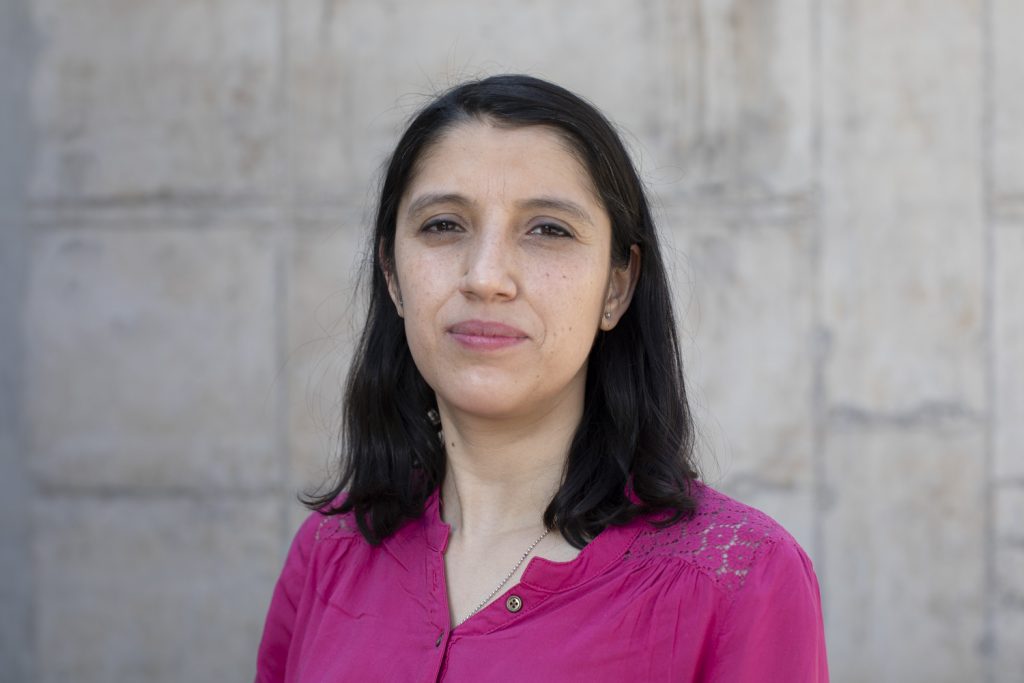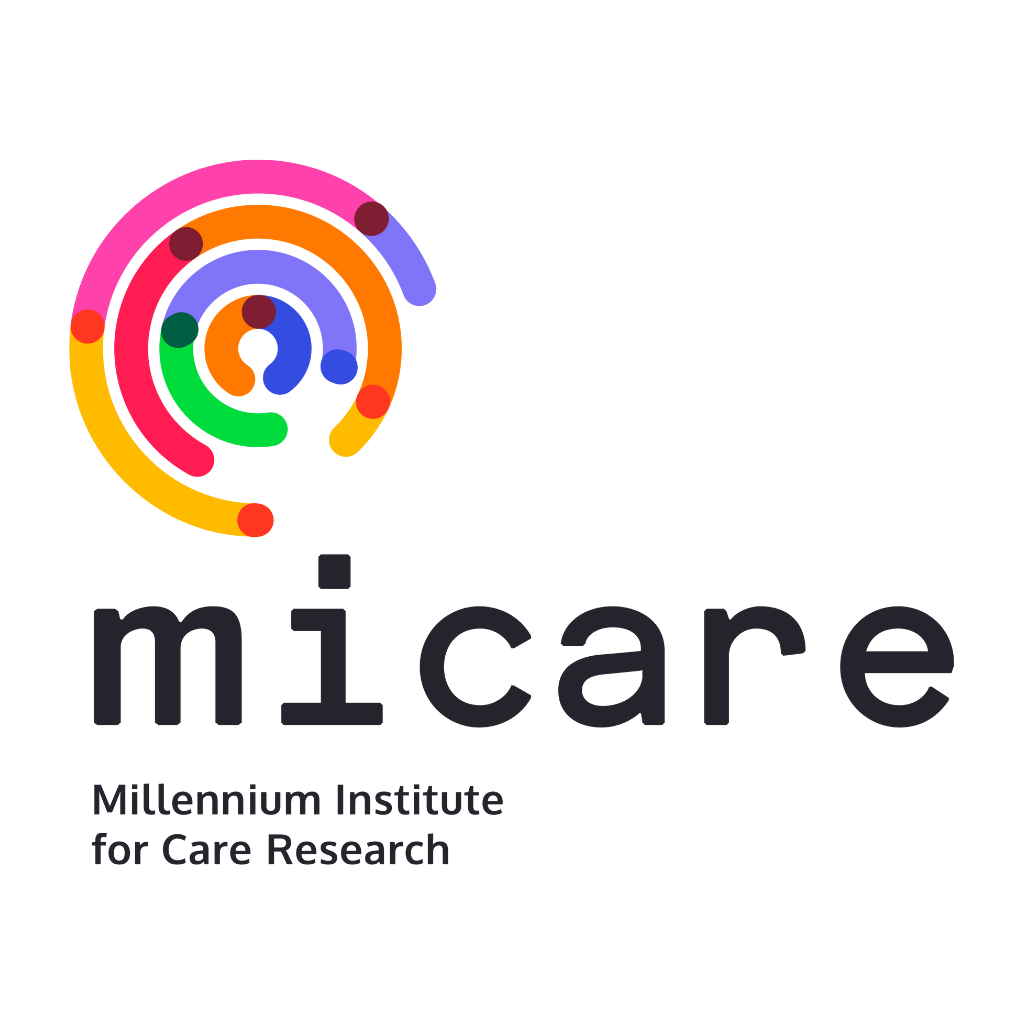In this article published by Universidad Católica, our research associate, María Beatriz Fernández, refers to the image of old age and the situation of elderly people in our country.
Adapted by Gabriela Campillo. Read the full article published by UC here.
The pandemic has exposed the diverse realities of elderly people in Chile. What do we know about them? What are their needs? How do we address this issue as a society?
“In our country, there is still a certain stereotyping of old age, we reject becoming older and have a paternalistic approach to it,” says MICARE research associate María Beatriz Fernández in an interview with the UC.
This reflects what is known as “ageism”, which refers to “stereotypes, prejudice, and discrimination against people because of their age”, according to the definition of the World Health Organization (WHO).
“Ageism makes us see older people as dependent, fragile, requiring help, but in reality, the vast majority are autonomous people who can make their own decisions”, adds María Beatriz Fernández.
Loneliness in older people
While a significant number of seniors have jumped on the technology bandwagon during the pandemic to stay in touch with family and friends, Beatriz Fernandez cautions that feeling less isolated is not the same as feeling less lonely.
‘The feeling of loneliness is more profound. Other elements come into play here, such as the need to have meaningful ties and to feel a sense of belonging at family, community and national levels’.
María Beatriz Fernández, MICARE research associate.
Finally, the challenge for Chile lies not only in a cultural change but also in generating public programs and policies that take care of today’s elderly people and ensure a better old age for younger generations.





